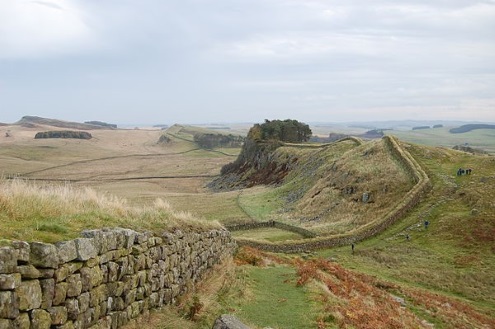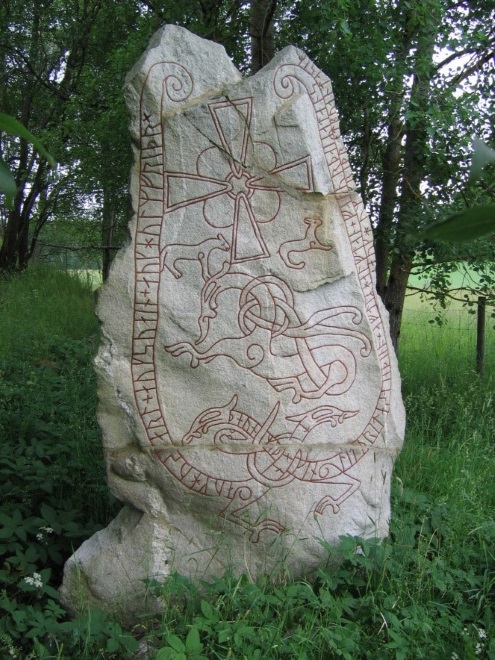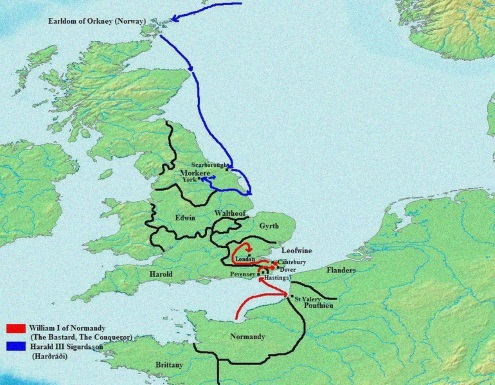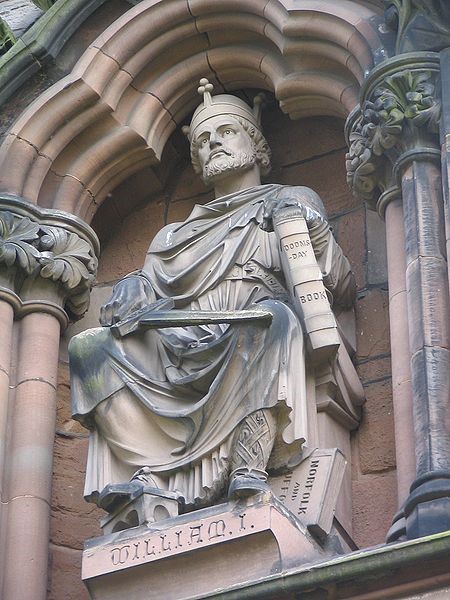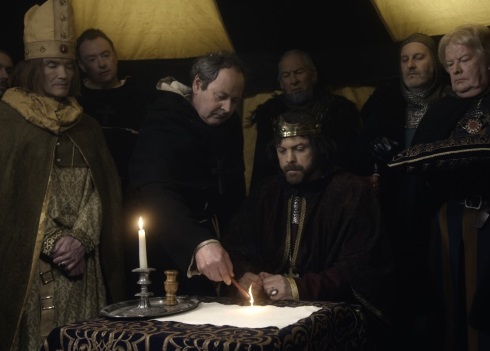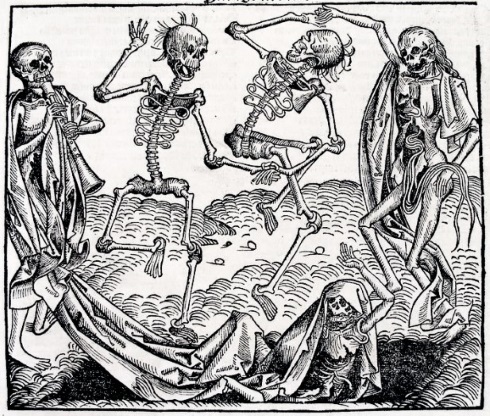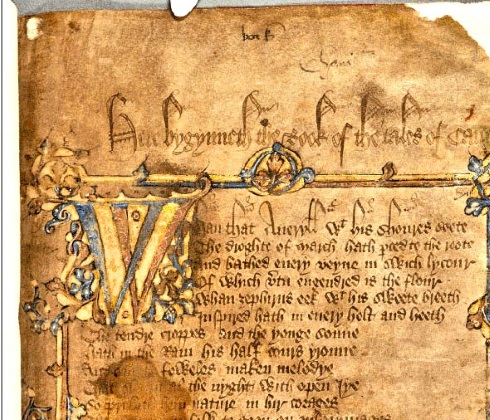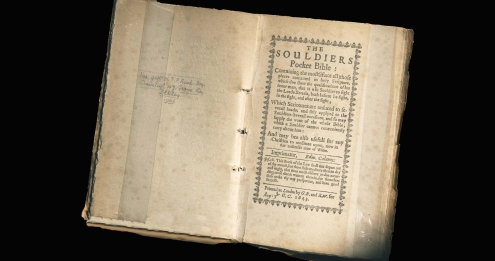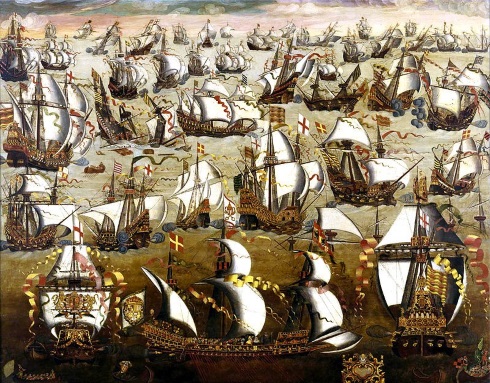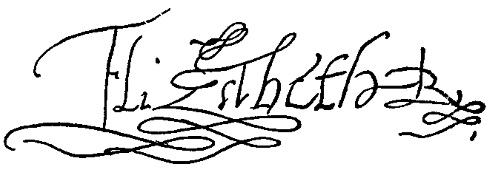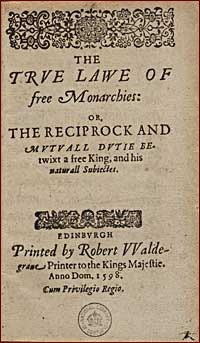The last legions were withdrawn from the province of Britannia in AD 410 to defend Rome from the Goths. They left behind the infrastructure of some three and a half centuries of occupation and a highly Romanised elite. For all its outward sophistication, however, this Romano-British world was fragile within and without. Soon, the rich pickings it offered were attracting barbarian adventurers from across the seas. Amongst those who terrorised the coasts were tribes from northern Germany and southern Denmark: Angles, Saxons and Jutes. Their names are preserved in English regions and counties such as East Anglia, Sussex (land of the south Saxons) and Essex (land of the east Saxons). England herself is Engla-lond, land of the Angles.
In common with their former masters, Britons sought to divide and rule by paying one group of enemies to fight another. Thus was a Jute war-band led by Hengist and his brother Horsa invited to settle in Kent, to serve as mercenaries in defending Britannia against incursions by the Picts (who lived in what is now Scotland). In AD 449 these Jutes landed at Ebbsfleet on the Isle of Thanet and in due course helped their masters to a great victory over the raiders from the north. Yet within a short while employer and employee came to blows. In the ensuing conflict Horsa was killed, but in AD 455 his people were victorious at the battle of Aylesford. So tradition has it that the English conquest began. It was bloody and bitter. In contrast to barbarian conquerors in continental Europe, the newcomers seem to have conducted a campaign of what we would now call ethnic cleansing, dispossessing and driving back the people they overcame. The invaders were pagans. They were pitiless.
They remained so until the coming of St Augustine in AD 589 and their subsequent conversion to Christianity. The arrival of the missionary from Rome was attended by strange correspondences and coincidences. He landed at the very spot at Ebbsfleet where Hengist and Horsa had disembarked one hundred and forty years earlier. Augustine was sent by Pope Gregory the Great, who some time before had seen fair-haired slaves for sale in Rome and had asked where they came from. On being told that they were Angles from Deira, using a Latin pun he replied: “Not Angles, but angels,” and “plucked from God’s ire, and called to Christ’s mercy!” When informed that the name of their king was Aella, Gregory seized on this as a good omen: “Alleluia shall be sung in Aella’s land!” he cried. So it was, and as England became Christianised, campaigns of extermination and dispossession seem gradually to have given way to increased readiness to live alongside the conquered British. A new nation was being born.

